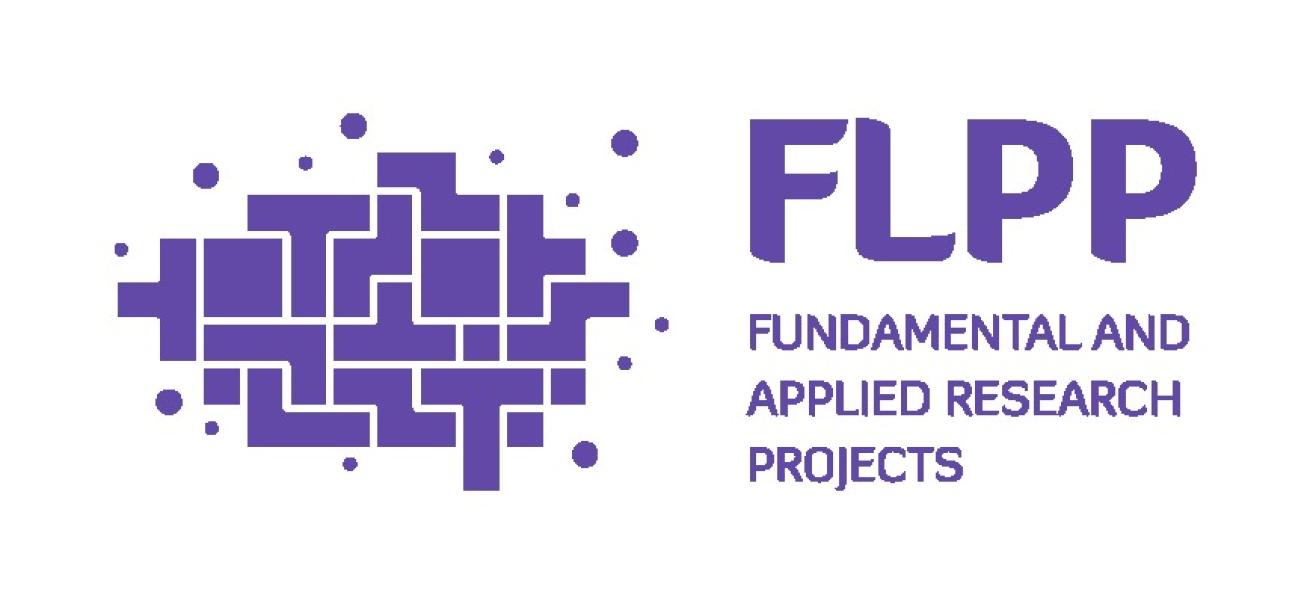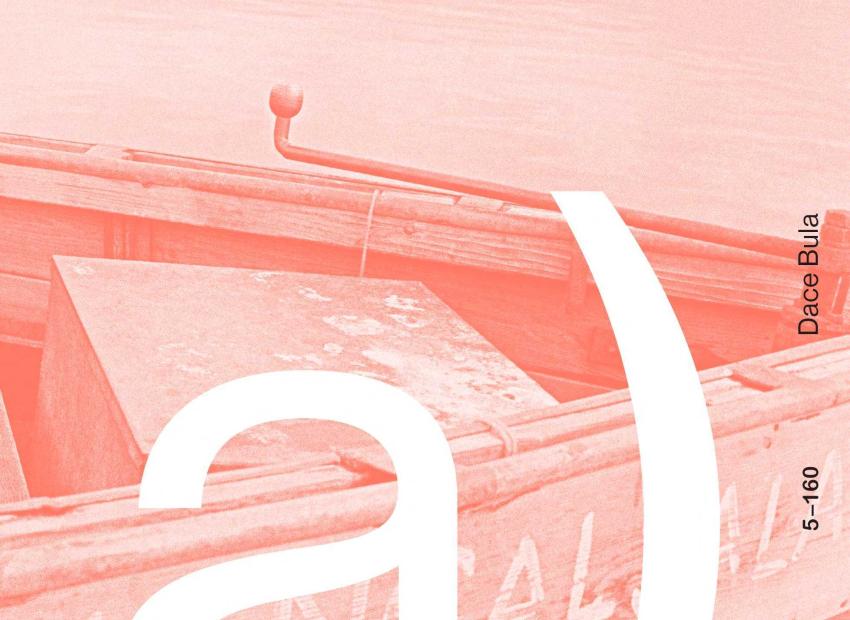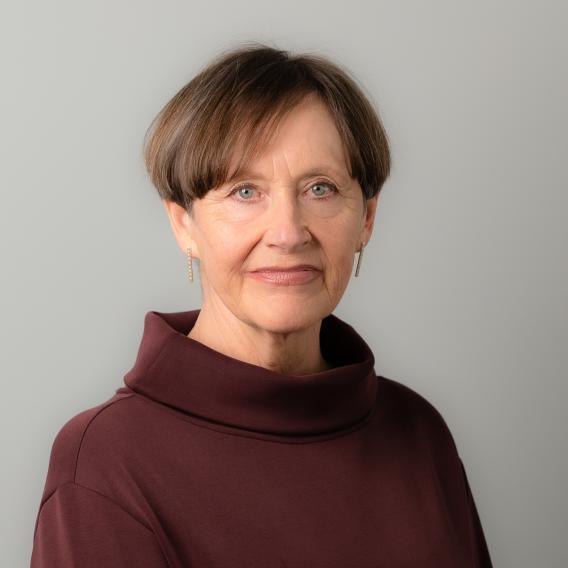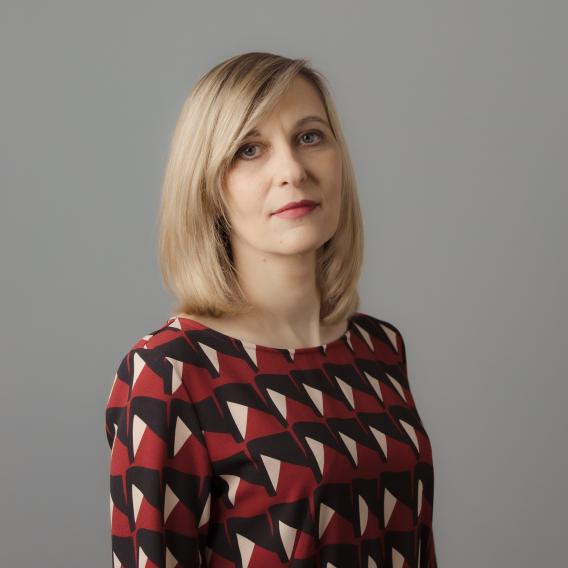
Living Next to the Port: Eco-Narratives, Local Histories and Environmental Activism in the Daugava Delta
Funded by: Latvian Council of Science
Project No. lzp-2018/1-0446
Implementation period: September 2018–August 2021
Project leader: Dace Bula
Team: Kristīne Āboliņa, Jānis Daugavietis, Ieva Garda-Rozenberga, Agita Pusvilka, Agnese Zīle-Veisberga
Joining the emerging field of environmental humanities, the project aims at studying the lives and narratives of urban communities neighboring the Riga port. Strongly attached to their places and historical identities, these communities constantly confront change that affects their lifestyle and environmental quality. The decline of Baltic fisheries and industrialization of the port over the past decades have substantially transformed what once were fishing suburbs, rural enclaves within a city, islands providing their inhabitants with access to natural resources and water in particular. How do people perceive and interpret transformation of their habitat? How do they react to unwanted change? The project will address both narration and action. It will pay particular attention to nostalgic modality and a genre of ´eco-horror stories´, typical of narrative repertories and oral history of the Daugava delta communities. How these co-exist and / or compete with a story-we-live-by — the progress narrative? Another focus will lie on forms — symbolic and practical — of community activism (protests, petitions, eco-cultural activities etc.) that people use to interact with other stakeholders influencing environmental quality. The project will have both academic and societal impact; it will address a number of challenges defined by the Latvia’s Research Priorities (2018—21) document. Its scholarly results (academic publications, conference papers) will contribute to the enhancement of knowledge and development of interdisciplinary environmental humanities’ approaches so far hardly represented in Latvian scholarship. Working in close cooperation with local communities and NGOs as well as exploiting public-oriented means of knowledge transfer (discussions, participatory action research, popular publications etc.), the project will promote society’s dialogue with policy makers and provide support to local identities. It will attend to research aspects prioritized for both the humanities and social science, such as: environmental and community sustainability; quality of life and social protection, the creation of social capital in/within community; identity studies; the history of the economic development; society’s culture and identity.
Social network
- Dzīve līdzās ostai – https://www.facebook.com/DziveLidzasOstai/
Institute employees
Cooperation partners




